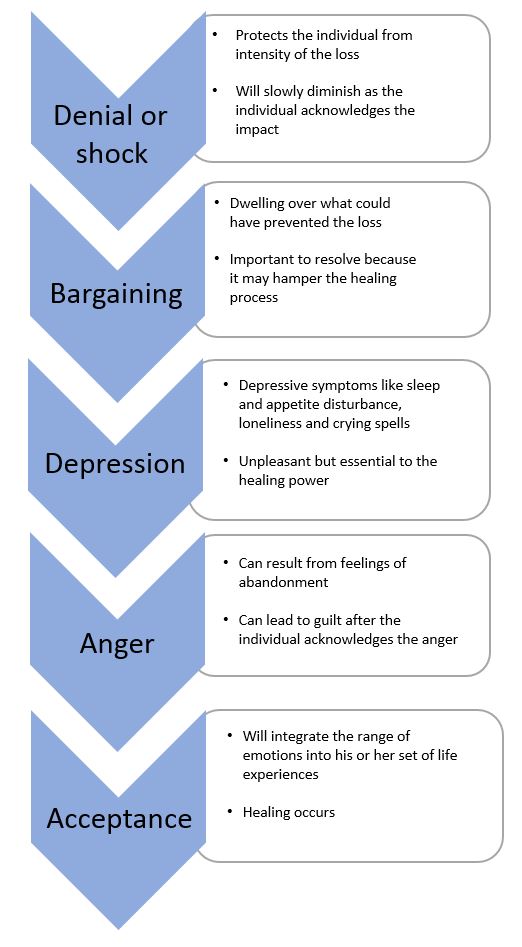
Well, it appears the revenge of the nerds is upon us … at least on Wall Street. I remember talking to so many people who would state that attempting to pick winners and losers might make the traders rich, but it simply did not benefit the average stock holder. Even a chimpanzee beat these traders during those years.
Well, as far as the Wall Street Journal is concerned, that time has come. Read more about it here.
The new name for nerds is quants, but nerds they remain.
I just wonder how long this type of person would last talking to today’s energy company leadership or their committees charged with deciding how business analytics can change the business.
I remember like it was yesterday when Enron turned energy trading on its head. Yes, they also did many illegal things, but they were essentially the first to use algorithms and derivatives to manage something that at the same time was being managed by phone calls and jawboning.
Yes, we also need protections from all these machines that can act before you and I can even see a trend. Yes, we need rules for commerce that are not in place quite yet, but we have apparently broken the egg … you can’t put it back in the shell and pretend it isn’t cracked.
What are you going to do about it? And, if you are going there, you can leap ahead by using our robust platform of cutting-edge business analytics defining what is happening in the homes and small businesses you serve … call us. We built and refine them to serve you.
 I remember seeing disheveled men holding hand painted placards and yelling this warning to all who passed by. “The end is near!”
I remember seeing disheveled men holding hand painted placards and yelling this warning to all who passed by. “The end is near!” It is ironic that artificial intelligence is now all the rage in the technology news. Sure, we still do not have robots like the TV Series Humans or the Sci-Fi movie Ex Machina … but we are getting close on a few fronts.
It is ironic that artificial intelligence is now all the rage in the technology news. Sure, we still do not have robots like the TV Series Humans or the Sci-Fi movie Ex Machina … but we are getting close on a few fronts. It is still a journalistic trick to pose a provocative question as an excuse to draw in viewers to watch the news. The one that caught my eye recently in the Wall Street Journal was the statement that the average tenure for chief marketing officers working for the county’s biggest brands has fallen for the second year in a row. You could easily infer from that, that marketing was losing its allure.
It is still a journalistic trick to pose a provocative question as an excuse to draw in viewers to watch the news. The one that caught my eye recently in the Wall Street Journal was the statement that the average tenure for chief marketing officers working for the county’s biggest brands has fallen for the second year in a row. You could easily infer from that, that marketing was losing its allure.